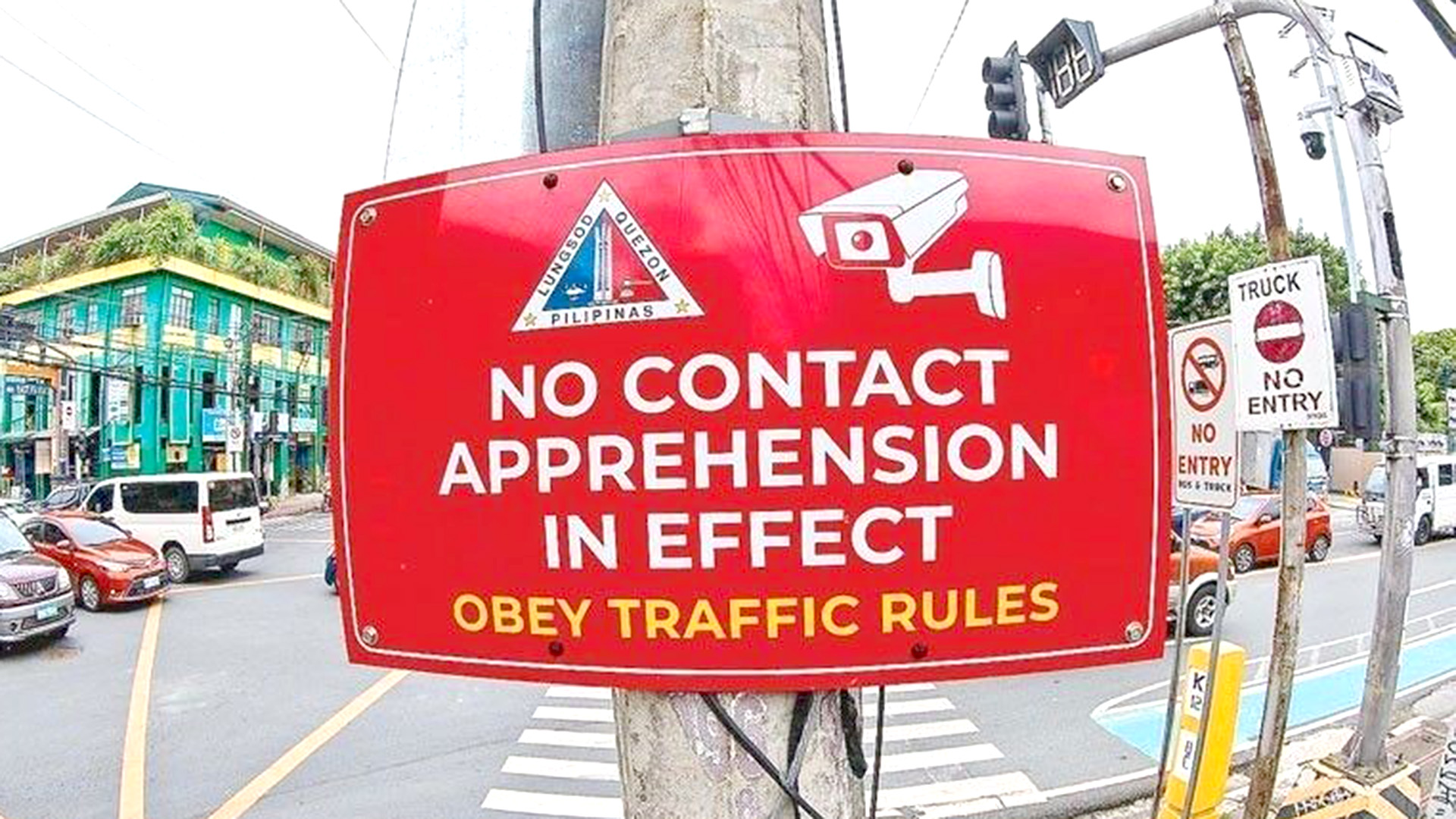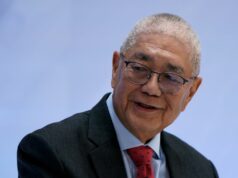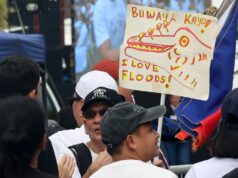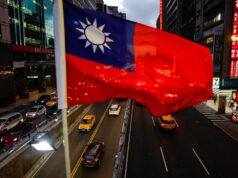More CCTVs eyed for no-contact apprehension policy

By Adrian H. Halili and Kenneth Christiane L. Basilio, Reporters
THE Metropolitan Manila Development Authority (MMDA) on Tuesday said it would install more surveillance cameras to properly enforce its no-contact apprehension program (NCAP).
“We are in the process of putting up more CCTVs (closed-circuit television systems) with artificial intelligence capabilities to expand the range, because there are still some areas without CCTVs,” MMDA Traffic Enforcement Director Victor Maria D. Nuñez told a Senate committee hearing. “That’s where we will augment our traffic enforcers.”
The NCAP is among the government’s traffic enforcement solutions as it plans to rehabilitate the Epifanio de los Santos Avenue (EDSA), the capital’s major highway, by mid-June.
“We believe that the NCAP will help greatly in reducing (traffic) on the road during the EDSA rehab,” he said.
The agency started enforcing the policy again on Monday after the Supreme Court partially lifted its 2022 order that stopped its implementation.
Mr. Nuñez said they logged more than 1,000 violations on Monday. This was lower than the more than 3,000 violations last week.
“Even though we have a temporary restraining order, we still monitor the violators on our CCTVs,” he said.
At the hearing, Senator Rafael “Raffy” T. Tulfo urged the MMDA to improve stoplights and road signs along Manila’s major roads.
“Also, fix the potholes because they are still one of the causes of traffic, and some of the road signs are confusing so they should also be fixed,” he said.
Mr. Nuñez said the MMDA would coordinate with the Department of Public Works and Highways on these issues.
The NCAP covers EDSA, C5, Buendia, Roxas Boulevard, Marcos Highway, Katipunan, Commonwealth Avenue, Quezon Avenue and West Avenue.
It monitors and penalizes traffic violations with surveillance cameras and other digital monitoring systems to encourage driver discipline, reduce traffic congestion and minimize corruption.
Meanwhile, Senator Francis N. Tolentino is pushing a phased rehabilitation of EDSA and a night-only construction from 10 p.m. to 5 a.m.
“I strongly recommend phased implementation and night-only construction to avoid severe disruption to motorists, businesses and the economy,” Mr. Tolentino, a former MMDA head, said in a statement.
He added that road works for the EDSA rehabilitation should be divided into five sections — EDSA Pasay, EDSA Makati-Guadalupe, EDSA Ortigas, EDSA Cubao and EDSA Caloocan.
The government is set to conduct its P8.1-billion rehabilitation project of the highway, where 437,000 vehicles pass by daily, starting June 13. It is expected to run for two years and will be the road’s first major revamp since the 1980s.
“EDSA is an important part of our daily lives,” Mr. Tolentino said. “It needs to be fixed. However, it must be done with careful planning and sensitive consideration of the flow of traffic and its effect on people.”
Among other traffic enforcement measures the MMDA will implement is the odd-even scheme for private cars.
The MMDA said it would conduct a dry run of its enforcement for a month starting on June 16, during which violators will only be given warnings and sent notices.
“This is part of an information drive to give motorists time to learn and get used to the new policy for the EDSA Rebuild project,” the agency said in a Facebook post.
Cars with license plates ending in odd numbers are barred from the highway on Mondays, Wednesdays and Fridays, while those with even-numbered plate numbers cannot use EDSA on Tuesdays, Thursdays and Saturdays.
Electric and hybrid cars, emergency vehicles, motorcycles and nonmotorized vehicles, public utility vehicles, ride-hailing vehicles and authorized, marked government vehicles will be exempted from the ban.
Also on Tuesday, Party-list Rep. Ramon Rodrigo L. Gutierrez filed a resolution urging the House of Representatives to investigate the implementation of the no-contact apprehension policy, citing complaints from motorists over what they described as unclear guidelines.
The House transportation panel should launch an inquiry over the “reimplementation of NCAP without addressing unresolved issues that could result in public confusion,” according to House Resolution No. 2293.
“Our concerns are more on the unclear lane markings, conflicting road signs and the delays in the transmission of violation notices,” he told reporters in Filipino after filing the resolution.
The government should delay the implementation by at least six months to give authorities the leeway to address long-standing concerns, Mr. Gutierrez said.



